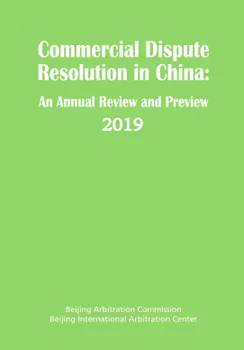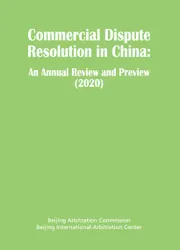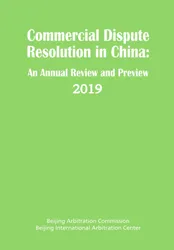Twenty-eighteen marked the 40th anniversary of China’s reform and opening-up policy. Profound changes have been seen internally and externally, prior to 2018, during 2018, and continuing beyond 2018, which echo China’s great quest for reform and engaging with the world and shape the future of the dispute resolution industry in China.
“Economic stability”, “economic restructuring and upgrading”, and “Sino-US trade friction” are clues to internal and external changes in 2018. Reviewing changing conditions in dispute resolution across a wide range of industries, the authors of Commercial Dispute Resolution in China: An Annual Review and Preview (2019) [hereinafter referred to as the “An Annual Review and Preview (2019)”] preview challenges that are yet to come. In Annual Review on Real Estate Dispute Resolution in China (2019), for example, the authors present a case study on the Linkage of the First and Second Level Projects and preview potential disputes of Securitization of real estate. In Annual Review on Investment Dispute Resolution in China (2019), the authors describe the arrangement of fixed income and equity repurchase under the backdrop of a slowing economy. In Annual Review on Energy Dispute Resolution in China (2019), the author focuses on policies and cases relating to Chinese transnational M&As, illustrating opportunities and challenges for future “Going Global” transactions in the energy sector. In Annual Review on International Trade Dispute Resolution in China (2019), the authors analyze the challenges posed by the China-US Trade War, and call for better compliance, industrial upgrading, and better understanding of the legal environment and trade protection measures in different jurisdictions in the process of “Going Global.”
Decentralization and a continuing opening-up of China’s markets are also key in understanding economic and international changes. In Annual Review on Construction Dispute Resolution in China (2019), the authors introduce two examples, namely the promulgation of the Interpretation II on Issues Concerning the Application of Law for the Trial of Cases of Dispute over Construction Contracts by the Supreme People’s Court, and cancellation of construction contract record-filing by the Ministry of Housing and Urban-Rural Development, which reflect the ongoing transformation of social governance and the reforms of “delegate power, improve regulation and optimize services” (“DIO” reform) in the construction sector. In Annual Review on Financial Dispute Resolution in China (2019), the author describes the opening of the futures market, clearly demonstrating the Chinese government’s determination to open financial and capital markets.















